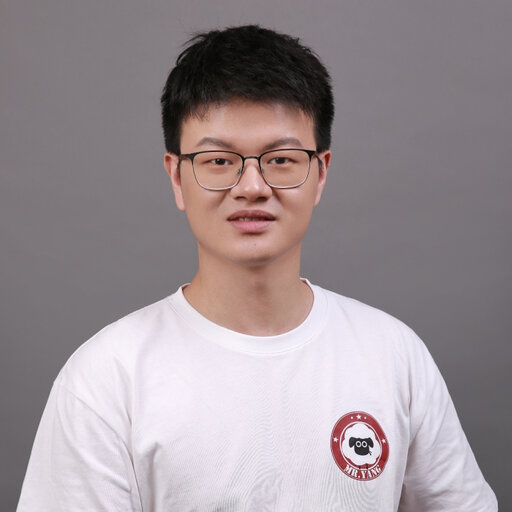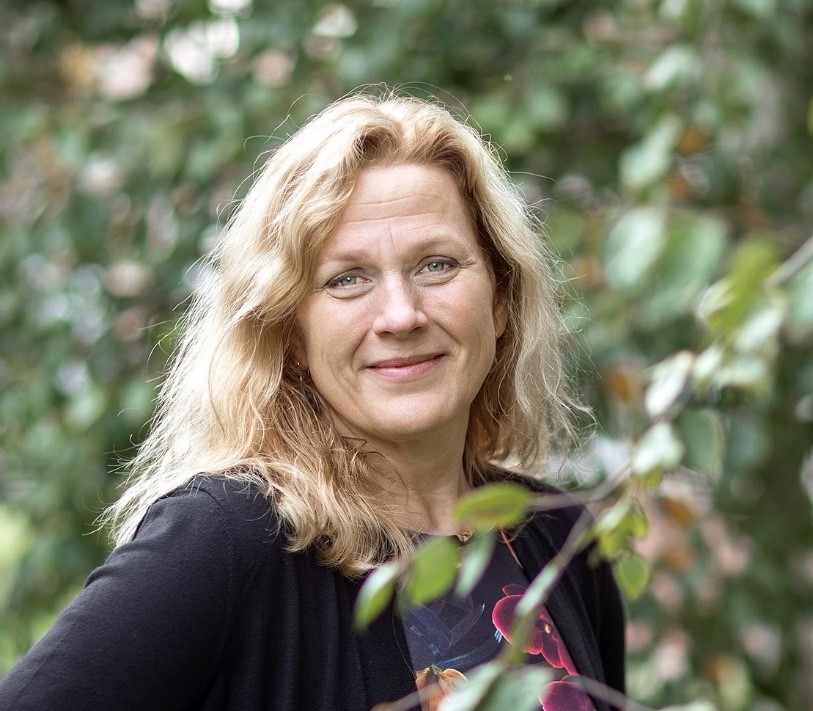Speakers
Prof. Dr. Ir. Juliette Legler
Department Population Health Sciences, Institute for Risk Assessment Sciences - Utrecht University, The Netherlands
Juliette Legler is Chair of Toxicology at the Institute for Risk Assessment Sciences, Faculty of Veterinary Medicine, Utrecht University. Previously she worked at Brunel University London (2016-2017) and VU University Amsterdam (2001-2015) where she became a full professor in 2013. She has a BSc degree in environmental studies from University of Waterloo, Canada, and MSc and PhD degrees in environmental toxicology from Wageningen University, the Netherlands. Her research focusses on understanding how exposure to endocrine disrupting chemicals and other contaminants such as microplastics may affect health. Juliette has led various international research projects and currently coordinates the European Commission funded project GOLIATH (Generation of Novel, Integrated and Internationally Harmonised Approaches for Testing Metabolism Disrupting Compounds) as well as MOMENTUM (Microplastics and Human Health Consortium) funded by the Netherlands Organisation for Health Research and Development. More information on Juliette can be found at https://www.uu.nl/staff/JLegler.
Dr. Barbara Scholz-Boettcher
Institute for Chemistry and Biology of the Marine Environment - Carl von Ossietzky University of Oldenburg, Germany

Dr. Barbara M. Scholz-Böttcher is senior scientist and lecturer in analytical and environmental chemistry at the Institute of Chemistry and Biology of the Marine Environment (ICBM) at the Carl von Ossietzky University, in Oldenburg, Germany. She has a long term experience in organic trace analysis of environmental samples using modern analytical equipment and is working for more than 10 years in the field of microplastics research. Together with her team, she established and validated the pyrolysis-gaschromatography-mass spectrometry method as a powerful analytical tool for simultaneous identification and trace quantification of the most common and environmentally relevant polymers including tire wear particles in complex samples with a special focus on the marine and estuarine environment. The group is continuously improving the now internationally recognized method. Meanwhile, it was and is successfully applied in a wide variety of national as well as international interdisciplinary scientific projects dealing with sources and environmental fate of MNP.
Prof. Dr. Kara Lavender - Law
Sea Education Association - Woods Hole, MA, USA
Dr. Kara Lavender Law is Research Professor of Oceanography at Sea Education Association (SEA; Woods Hole, MA). For more than 15 years she has researched plastic debris in the ocean, initially focusing on the physical processes that carry, transport and transform plastics in the marine environment, with more recent work focused “upstream” on the generation, pathways and treatment of plastic waste, ultimately aiming to prevent plastic leakage to the environment. Dr. Law has co-chaired working groups on plastic marine debris at the National Center for Ecological Analysis and Synthesis (NCEAS) and the Scientific Committee on Oceanic Research (SCOR), and served on the U.S. National Academies of Sciences, Engineering, and Medicine (NASEM) Committee that published the 2022 report, Reckoning with the U.S. Role in Global Ocean Plastics Waste. Dr. Law received her Ph.D. from Scripps Institution of Oceanography/University of California, San Diego in physical oceanography, and a B.S. in mathematics from Duke University.
Dr. Tong Yang
Department of Chemical Engineering – McGill University, Canada

Yang Tong is a postdoctoral researcher currently working at McGill University, Canada (funded by the Swiss National Science Foundation). He completed her Ph.D. in 2022 from the Swiss Federal Institute of Technology Zurich (ETH Zurich). His research focuses on the formation and release of micro and nano plastics during the use of plastic products and the environmental risk assessment of micro and nano plastics. He serves as a young editor for the journal Eco- Environment & Health, guest editor for a special issue on micro and nano plastics.
Dr. Alexandra ter Halle
Département de Biologie et Géosciences – Université Toulouse III - Paul Sabatier, France

Alexandra ter Halle is a researcher from the CNRS since 2004, studying plastic pollution since 2014 at the Université Paul Sabatier in Toulouse, France. She is studying plastic weathering and fragmentation in the environment, particularly paying attention to the formation of nanoplastics. She is developing multi-scale characterization methods for nanoplastic analysis in environmental samples. The use of techniques like diffusion light scattering after sequential ultrafiltration allows to study the size distribution of the colloids extracted. This was coupled to pyrolysis-mass spectrometry to apprehend the chemical nature of the colloids extracted and eventually confirm the presence of nanoplastic. Nanoplastic appears to be a complex mixture of various polymers interacting strongly with natural organic matter and ions. She is the scientific coordinator of Expedition 7th Continent (http://www.septiemecontinent.com). In collaboration with colleagues, she created the French national network GDR Research Group "Polymers and Oceans" in 2019 (https://www.gdr-po.cnrs.fr/).
Dr. Raymond Pieters
Innovative Testing in Life Sciences & Chemistry - Hogeschool Utrecht, The Netherlands and Institute for Risk Assessment Sciences - Utrecht University, The Netherlands

Dr. Raymond Pieters (male, PhD) is Associate Professor in Immunotoxicology at the Institute for Risk Assessment Sciences (IRAS) of UU (Faculty of Veterinary Medicine), and Professor in Innovative Testing in Life Sciences & Chemistry at University of Applied Sciences Utrecht. His research focuses on assessment of effects of substances (e.g. drugs, pollutants, microplastics) on inflammatory processes and concomitant immune responses. He has been involved in several projects on immune effects of airborne pollutants and recently started working on the effects of micro and nanoplastics on the immune system. He leads the EC-HORIZON project POLYRISK, aiming at understanding human exposure and immunological health hazard of micro- and nanoplastic contaminants in our environment.
Nanoplastics: Origin, Structure, and Fate
 Registration website for Nanoplastics: Origin, Structure, and Fate
Registration website for Nanoplastics: Origin, Structure, and FateNanoplastics: Origin, Structure, and Fateinfo@aanmelder.nl
Nanoplastics: Origin, Structure, and Fateinfo@aanmelder.nlhttps://www.aanmelder.nl/nanoplasticssymposium
2023-11-20
2023-11-21
OfflineEventAttendanceMode
EventScheduled
Nanoplastics: Origin, Structure, and FateNanoplastics: Origin, Structure, and Fate0.00EUROnlineOnly2019-01-01T00:00:00Z
Museum SpeelklokMuseum SpeelklokSteenweg 6 3511 JP Utrecht Netherlands


